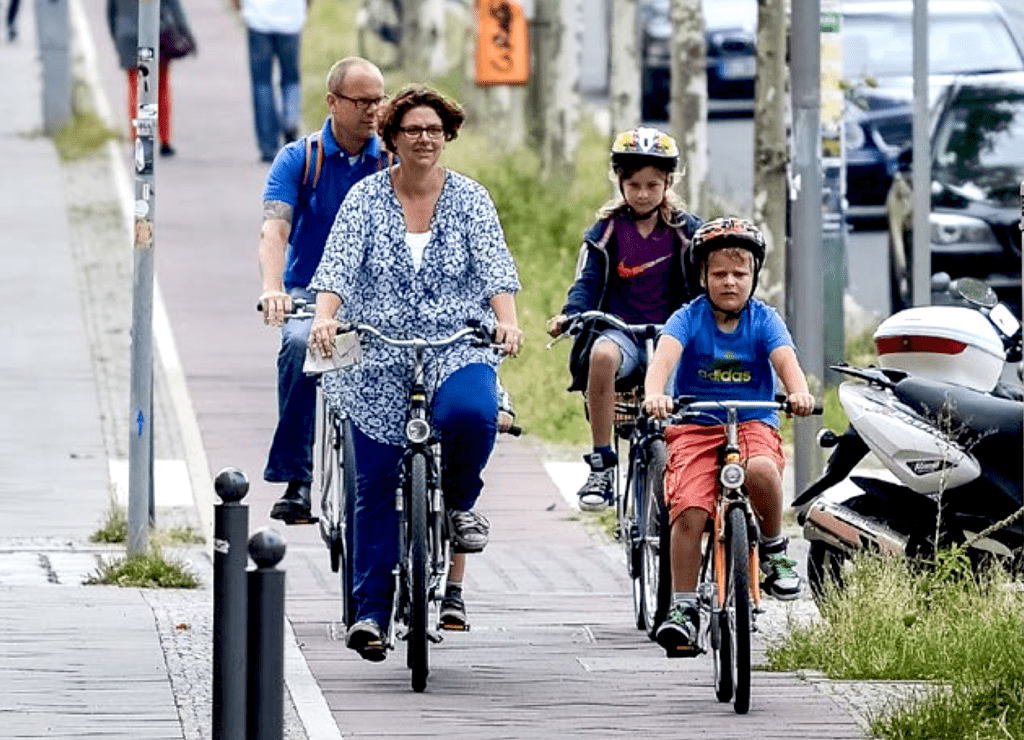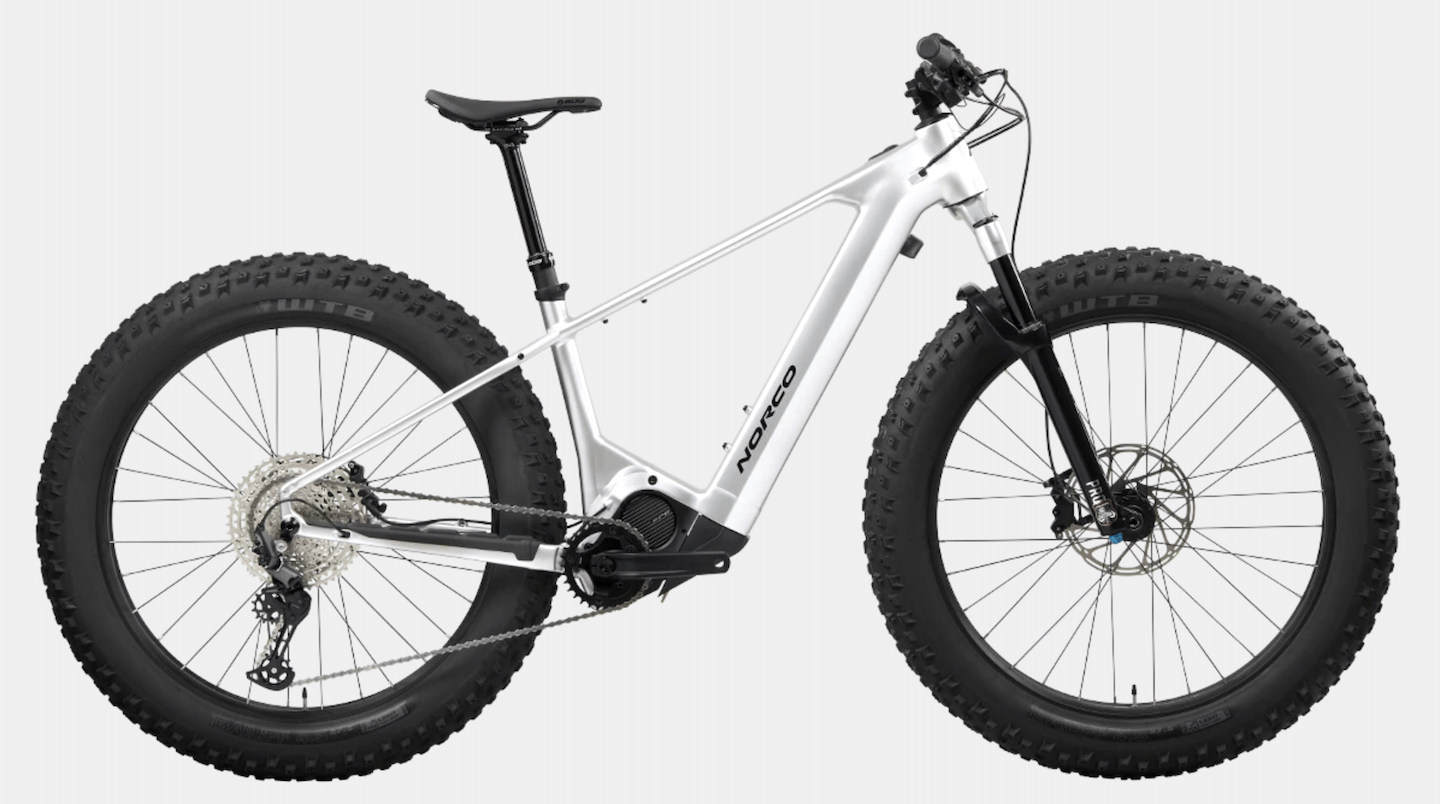June 28, 2022 - Cycling has significant economic benefits for individuals, cities, and society and functions as a low-cost, high-yield, and scalable solution to many climate and equity issues. Investments in cycling infrastructure also create jobs and opportunities to expand existing industries or develop new ones.

A dramatic increase in cycling worldwide could save society $24 trillion cumulatively between 2015 and 2050. Every kilometer cycled generates €0.16 ($0.18) in economic gains to society, and every kilometer driven costs society €0.15 ($0.16).
Purchase, operations and maintenance, fuel, and insurance costs for a bicycle total approximately $3.00 per 100km traveled; a private car is six times more expensive, at approximately $18.00 per 100km.
While many cities have seen firsthand the benefits of investing in infrastructure and other street design improvements that support safe, direct, and connected cycling trips, there are still many others that are not convinced that such investments yield enough economic value to support the upfront costs. In this brief, we make the economic case for cycling and demonstrate how investments in cycling infrastructure are the key to unlocking economic and other benefits.
Read the full report here.
















